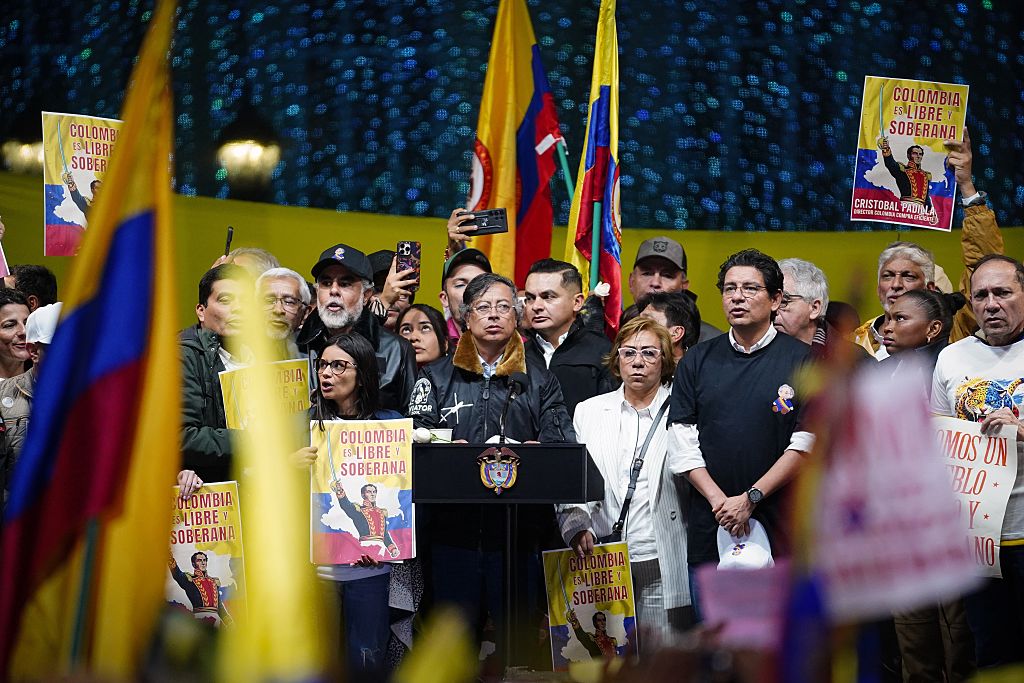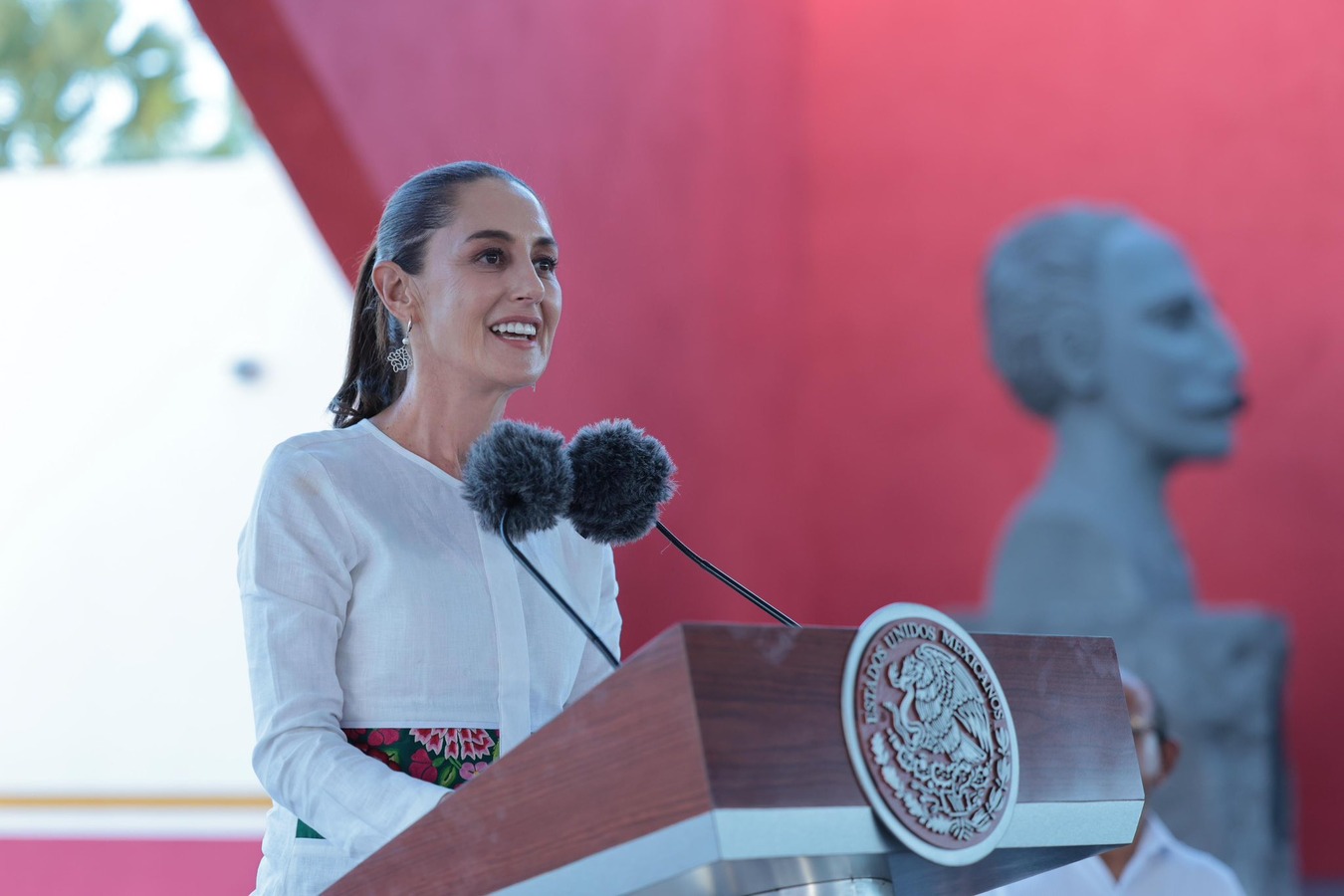Bolivia's Widening Gap
Bolivia's Widening Gap
Concerns about violence and Bolivian unity mount as the eastern, energy-rich province of Santa Cruz prepares to hold a referendum on whether to become autonomous. Three other provinces plan similar votes.
May 4 was the date scheduled for a national vote on Bolivia’s draft of a new constitution (PDF). Instead, the date marks the scheduling of a referendum that could leave Bolivia politically divided as the province of Santa Cruz will vote on autonomy. Three neighboring lowland provinces of Tarija, Beni, and Pando are expected to follow energy-rich Santa Cruz’s lead and hold similar referendums in the ensuing month.
Bolivia’s National Electoral Court (CNE) suspended the constitutional referendum last month, citing concerns about a lack of time for preparation. The court also indefinitely postponed the autonomy referendums proposed by the four opposition-controlled provinces. Santa Cruz will proceed with the vote, despite the fact that the CNE reiterated its suspension of the vote and affirmed that neither the European Union nor the Organization of American States will monitor Sunday’s referendum in Santa Cruz, leaving the vote with no international observers. Santa Cruz Governor Rubén Costas rebutted the CNE by saying that the OAS, the UN, and the EU would fail to create obstacles to the Sunday vote. The Cochabamba-based Democracy Center notes that the vote on the constitution was likely postponed because of a real possibility it would meet defeat; on the other hand, leaders in Santa Cruz plan to go ahead with their referendum because they “clearly smell a whopping victory.”
The historical division between the western highlands and the eastern lowlands escalated during the drafting of the new constitution, which Morales and his supporters in the Movement for Socialism (MAS) say is designed to give the country’s indigenous majority a larger role in political decision-making. Representatives of the lowland governments boycotted the constitution, walking out on the constituent assembly in November 2007 and leaving the draft to be approved by MAS supporters.
As Santa Cruz readies for the referendum, the Bolivian public appears evenly divided on the autonomy vote. Yet the matter has extended beyond Bolivia’s borders and drawn concern that violence could break out—as it has in the past—because of the standoff between the Andean country’s east and west. The Organization of American States plans to send Dante Caputo, head of its Political Affairs department and former Argentine foreign minister, to mediate between the administrations of Morales and Costas. During an OAS meeting on tensions in Bolivia, Minister of Foreign Affairs David Choquehuanca Céspedes warned that the May 4 referendum is unconstitutional (video).
In an interview with Argentine newspaper Critica, Bolivia’s president accused U.S. Ambassador to Bolivia Philip Goldberg of playing a lead role in a Santa Cruz conspiracy aimed at removing Morales from power. Last week, leaders of Venezuela, Nicaragua, and Cuba pledged support for Morales during a summit of the Bolivarian Alternative for the Americas (ALBA) in Caracas. The ALBA presidents released a statement expressing “staunch rejection of the destabilization plans that seek to undermine peace and unity in Bolivia.”
The vote on autonomy comes days after another important date in Bolivia—April 30, when Morales’ government aims to complete taking control of three privatized energy firms controlled by Spain’s Repsol, British Petrol, Pan American Energy, and Ashmore Energy International. La Paz will buy back shares as part of its 2006 nationalization drive. But how Bolivia will fund the necessary infrastructure to boost natural gas production remains a question. As the Houston Chronicle reports, La Paz-ally Venezuela has failed to make good on its pledges to invest in Bolivia’s natural gas infrastructure. Bolivia’s lagging production has caused concerns about energy shortages across Brazil and the Southern Cone. According to the Energy Information Agency, a majority of Bolivia’s natural gas reserves lie in Santa Cruz and Tarija, two of the provinces seeking autonomy.








